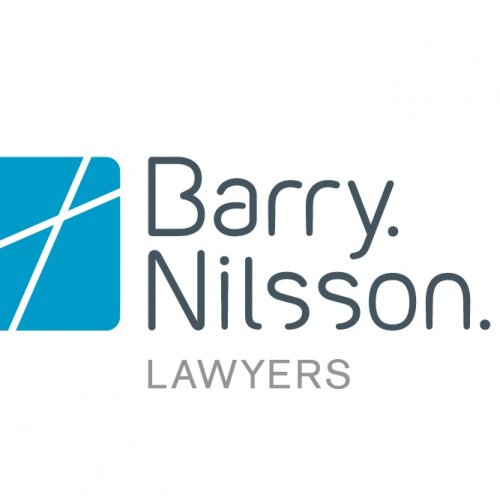Best Insurance Fraud Lawyers in Brisbane
Share your needs with us, get contacted by law firms.
Free. Takes 2 min.
List of the best lawyers in Brisbane, Australia
About Insurance Fraud Law in Brisbane, Australia
Insurance fraud constitutes any act committed with the intention to fraudulently obtain an unjustified payment from an insurer. This can include, but is not limited to, making false or exaggerated claims, supplying false information in applications, or purposefully damaging insured property for financial gain. In Brisbane, Australia, insurance fraud is considered a serious crime and is strictly regulated by the Insurance Act 1973 and the Insurance Contracts Act 1984. Penalties can range from fines to imprisonment, depending on the severity of the offence.
Why You May Need a Lawyer
Legal advice becomes essential if you are under investigation or have been charged with insurance fraud. Insurance law can be complex, and understanding the fine-print and legal jargon in insurance contracts can be challenging for those not familiar with such documents. A lawyer can help clarify these complexities and navigate through the legal process. Additionally, a lawyer can also help prevent such incidents by providing advice regarding best practices, ensuring proper compliance, and implementing safeguards to prevent fraud.
Local Laws Overview
The two primary pieces of legislation governing insurance fraud in Brisbane are the Insurance Act 1973 and the Insurance Contracts Act 1984. These laws outline the responsibilities of both insurers and policyholders, and detail the penalties for any fraudulent activities. They cover various aspects of insurance law, including the principle of utmost good faith, indemnity, and subrogation. Fraudulent activities can also attract criminal charges under the Criminal Code Act 1899, which can lead to serious penalties including imprisonment.
Frequently Asked Questions
1. What is considered insurance fraud?
Insurance fraud involves any act of dishonesty with an intent to gain an advantage from an insurer. This includes providing false information, making a false claim or exaggerating damages.
2. What are the penalties for insurance fraud?
Penalties for insurance fraud can vary, depending on the nature and severity of the offence. They can range from substantial fines to imprisonment.
3. Can I defend a charge of insurance fraud?
Yes, accusations of insurance fraud can be defended, especially if you can show that any inaccuracies were not intentional or that you had no intent to defraud. Here, a dedicated insurance fraud lawyer can make a significant difference.
4. Does insurance fraud affect my insurance premiums?
Yes, high instances of fraud can lead to increased insurance premiums for everyone as providers seek to recover their losses.
5. How can I prevent insurance fraud?
Preventing insurance fraud can be achieved by adopting a proactive approach, including being honest in all your dealings with your insurer, understanding your insurance policies well, and reporting any suspect activities you observe.
Additional Resources
The Insurance Law Service (ILS) is a free service providing legal advice to consumers. Additionally, the Australian Securities and Investments Commission (ASIC) and the Insurance Council of Australia (ICA) are excellent sources of information pertaining to legislation, rules and regulations underpinning the insurance industry.
Next Steps
If you need legal assistance relating to insurance fraud, first ensure to document all relevant information. Secondly, seek immediate legal advice from a lawyer with experience in insurance fraud. A lawyer can guide you on how to respond to any allegations or charges and advise you on the best course of action depending on your circumstance. It is essential you refrain from making any statements or admissions until you have consulted your lawyer.
Lawzana helps you find the best lawyers and law firms in Brisbane through a curated and pre-screened list of qualified legal professionals. Our platform offers rankings and detailed profiles of attorneys and law firms, allowing you to compare based on practice areas, including Insurance Fraud, experience, and client feedback.
Each profile includes a description of the firm's areas of practice, client reviews, team members and partners, year of establishment, spoken languages, office locations, contact information, social media presence, and any published articles or resources. Most firms on our platform speak English and are experienced in both local and international legal matters.
Get a quote from top-rated law firms in Brisbane, Australia — quickly, securely, and without unnecessary hassle.
Disclaimer:
The information provided on this page is for general informational purposes only and does not constitute legal advice. While we strive to ensure the accuracy and relevance of the content, legal information may change over time, and interpretations of the law can vary. You should always consult with a qualified legal professional for advice specific to your situation.
We disclaim all liability for actions taken or not taken based on the content of this page. If you believe any information is incorrect or outdated, please contact us, and we will review and update it where appropriate.








